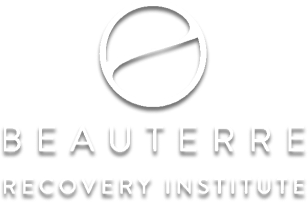Scientists have been studying addictive behavior since the 1930s and thanks to that work our views and responses to addiction have drastically changed.
In an online publication: Drugs, Brains, and Behavior: The Science of Addiction, the National Institute on Drug Abuse explains how science has played an important role in understanding addiction and how it affects both the brain and the behavior of the addict.
More importantly this research has led to treatment facilities to be able to focus on fact-based, data-driven approaches that address the whole person and not just the addiction itself.
Addiction Defined
The American Psychiatric Association defines addiction as a chronic, relapsing brain disease that is characterized by compulsive drug seeking and use, despite harmful consequences. Addiction is considered a brain disease because of the effects drugs have on the structure and functioning of the brain.
The abuse of and addiction to drugs — like alcohol, tobacco, and illicit and prescription drugs — has real economic impacts as well. It’s estimated that the cost to Americans through the increased health care, crime and lost productivity is more than $700 billion a year.
Because of the impact of addiction is so wide and varied, scientists focus their research on the effects of drugs the brain and a person’s behavior. Then additional research allows for these ideas to transfer out into wider community settings.
Scientifically Driven Treatment
Often there are co-occurring issues that accompany a person’s addiction — things like anxiety and depression, among others — that need to be addressed at the same time to give a person the best chance of their treatment to be successful.
Utilizing treatment methods like behavioral therapies help people to modify their behaviors, thoughts and attitudes that are related to their drug use. These therapies can also help increase their coping skills to their specific emotional and environmental triggers that may lead to cravings during treatment.
Addiction treatment is not a “cookie-cutter” approach and addressing the whole person through a number of modalities is important to be able to find out which method is likely to establish a good foundation for recovery in each individual.
 Beauterre Recovery Institute
Beauterre Recovery Institute
